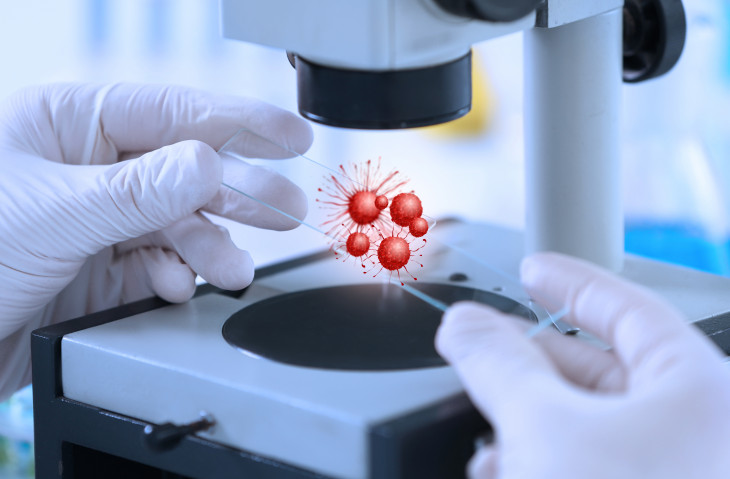Epidemiologists are required to have a minimum of a master's degree from an accredited post-secondary school. Many opt for a master's degree in a public health field or epidemiology. A Ph.D. may be obtained.
Education & Training
Many epidemiologists have their master's degree in public health with a major in epidemiology. However, degrees may be earned in a variety of specializations and related fields. Individuals who work as university or college teachers and those who direct research projects are required to have a Ph.D. in their chosen field.
Epidemiology courses include: physical sciences, public health, statistics, math and biological sciences. Studies emphasize survey design, casual analysis, and statistical methods. Advanced courses cover healthcare comparison systems, reviewing previous biomedical research, multiple regression, practical data applications and medical informatics.
Numerous programs specific to epidemiology including Master's of Public Health programs need students to finish a practicum or an internship that ranges from one semester to a full year.
Certain epidemiologists have a medical degree along with their degree in epidemiology. Typically, these scientists work in clinical settings. Students in medical school may spend the initial part of the first 2 years in classrooms and laboratories. Classes taken include: pharmacology, anatomy, microbiology, biochemistry, pathology, physiology, medical ethics, laws governing medicine and psychology. Examining patients taking medical histories, differential diagnosis and diagnosing illnesses is additionally covered.
Skills and Qualities that will Help
Communication Skills: It is vital for epidemiologists to use their writing and speaking skills fluently when informing community leaders and the public of health risks an associated safety. In order to work with other healthcare professionals effectively, clear communication is essential.
Critical-Thinking Skills: Epidemiologists must analyze data to figure out the best course of action to respond to an urgent health related emergency or public safety concern.
Detail Oriented: It is important that epidemiologists are accurate and precise when working through observation and interview to drawing conclusions.
Math and Statistical Skills: Advanced statistical skills may be required by epidemiologists during the design phase and while administering surveys and studies. Having a skill set revolving around statistical computer programs and working with large databases is an asset.
Teaching Skills: Epidemiologists may work with community outreach initiatives in order to educate the public about healthy living and health risks.









